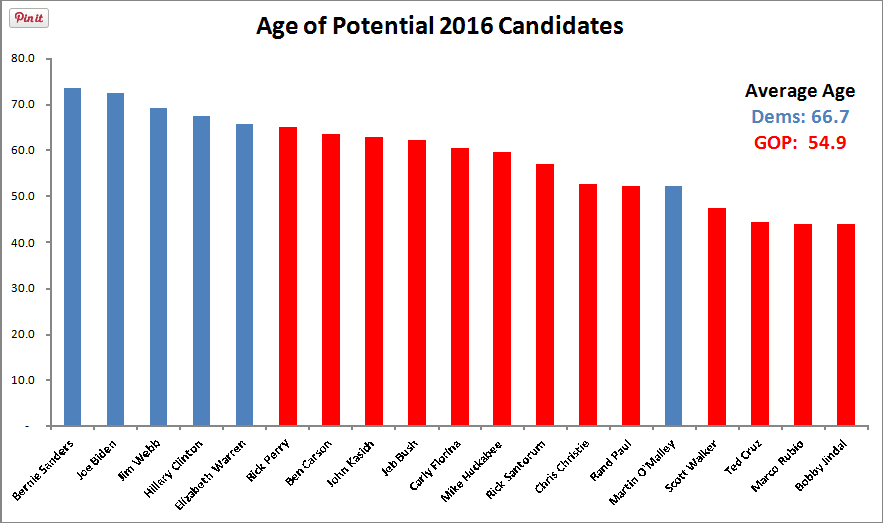Today’s conservatism is in love with zeroes.
We think if we can just unite behind a proposal to cut the deficit and debt…if we can just put together a spreadsheet and a power point and a TV ad….all will be well.
...
If you take nothing else away from what I say today, please understand this – We must not become the party of austerity. We must become the party of growth. Of course we know that government is out of control. The public knows that too. And yet we just lost an election.
These passages echo
Jack Kemp. On February 3, 1988, Kemp said on the NewsHour:
I want to say as a Republican that the roots of the Republican Party are basically, unfortunately, in the 1930s, when it became a conservative party, became an opposition party, became a protectionist party, became an isolationist party, became a tax increase party, became a party of austerity and sacrifice in the face of very severe economic downturn. ...
But the point I want to make is a broader one. The Democratic Party, God bless them, today, however, have become a party of protectionism, more isolationism. They definitely want to raise taxes to one degree or another, and frankly, the real debate over economics is going on in the Republican Party. The debate in our party is between those who want our party to go back and become a party of austerity and sacrifice and bitter medicine, as Senator Dole talks about.
Jindal also channels
Reagan: "We believe in creating abundance, not redistributing scarcity."
Consider
Reagan's February 5, 1981 address to the nation: "Our aim is to increase our national wealth so all will have more, not just redistribute what we already have which is just a sharing of scarcity."
Jindal concludes with a seven-step program:
1. We must stop looking backward. We have to boldly show what the future can look like with the free market policies that we believe in. Many of our Governors are doing just that. Conservative ideals are aspirational, and our country is aspirational. Nostalgia about the good old days is heart-warming, but the battle of ideas must be waged in the future.
2. We must compete for every single vote. The 47 percent and the 53 percent. And any other combination of numbers that adds up to 100 percent. President Barack Obama and the Democrats can continue trying to divide America into groups of warring communities with competing interests, but we will have none of it. We are going after every vote as we work to unite all Americans.
3. We must reject identity politics. The old notion that ours should be a colorblind society is the right one, and we should pursue that with vigor. Identity politics is corrosive to the great American melting pot and we reject it. We must reject the notion that demography is destiny, the pathetic and simplistic notion that skin pigmentation dictates voter behavior. We must treat all people as individuals rather than as members of special interest groups. The first step in getting the voters to like you is to demonstrate that you like them.
4. We must stop being the stupid party. It’s time for a new Republican party that talks like adults. It’s time for us to articulate our plans and visions for America in real terms. We had a number of Republicans damage the brand this year with offensive and bizarre comments. We’ve had enough of that.
5. We must stop insulting the intelligence of voters. We need to trust the smarts of the American people. We have to stop dumbing down our ideas and stop reducing everything to mindless slogans and tag lines for 30-second ads. We must be willing to provide details in describing our views.
6. We must quit “big.” We are not the party of big business, big banks, big Wall Street bailouts, big corporate loopholes, or big anything. We must not be the party that simply protects the well off so they can keep their toys. We have to be the party that shows all Americans how they can thrive. We are the party whose ideas will help the middle class, and help more folks join the middle class. We are a populist party and need to make that clear.
7. We must focus on real people outside of Washington, not the lobbyists and government inside Washington. We must stop competing with Democrats for the job of “Government Manager,” and lay out ideas that can unleash the dynamic abilities of the American people. We need an equal opportunity society, one in which government does not see its job as picking winners and losers. Where do you go if you want special favors? Government. Where do you go if you want a tax break? Government. Where do you go if you want a handout? Government. This must stop. Our government must pursue a level playing field. At present, government is the un-leveler of the playing field.
